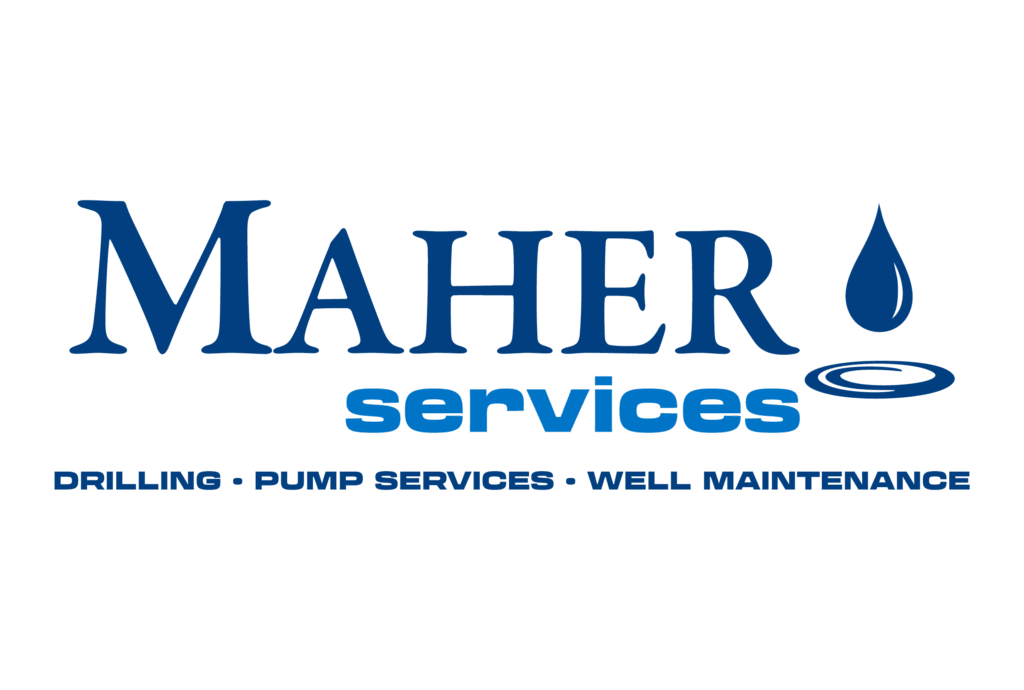In 2017, a study was published in the New England Water Works Association (NEWQ) on the effects of Pantonite — a chemical whose application to well redevelopment Maher pioneered. The study, titled “Reduction of Chronic Total Coliform Presence in a Gravel-Packed Well Through Enhanced Well Redevelopment,” details a successful strategy implemented by Maher Services for a Massachusetts Water District that struggled with persistent total coliform (TC) bacteria issues and declining performance in one of its key wells.
The Problem: Chronic TC and Declining Well Capacity
For years, the Sudbury Water District’s Well No. 9 experienced chronic TC problems, particularly during warmer months. The well’s specific capacity had decreased by 33%. Traditional sanitary surveys and visual inspections found no external contamination or structural flaws, leading the District to suspect naturally occurring biofilm as the culprit.
The Solution: Enhanced Well Redevelopment for Biofilm Removal
Recognizing that conventional well cleaning methods often fail to resolve persistent biofilm, the District opted for an enhanced redevelopment approach in January 2016.
Key steps included:
- Traditional Cleaning: Initial disinfection and cleaning using muriatic acid and chlorine.
- Biofilm Assessment: Testing with the Biological Activity Reaction Testing (BART) Assay confirmed the presence of iron-related, sulfate-reducing, and heterotrophic aerobic bacteria—all agents of biofouling.
- Targeted Enhanced Treatment: An add-on chemical method using Pantonite™ PM77, a proprietary blend of organic and inorganic acids distributed by Maher Services, was selected to physically break down the encrustation and biologically eliminate the biofilm.
The Results: Clean Water and Improved Performance
The results of the enhanced redevelopment were significant and immediate:
- Total Coliform Reduction: TC was absent from all samples for the first nine months following the treatment. While temporary reoccurrences were observed later, possibly linked to drought followed by heavy rains, the enhanced method ultimately proved effective at reducing the chronic TC bacteria issues.
- Increased Capacity: The well’s specific capacity was successfully reversed, returning the well to good working condition.
- Biofilm Elimination: Post-cleaning BART tests were negative for all three types of monitored bacteria.
Key Takeaway for Water Professionals
The study’s conclusion is a vital lesson for the water industry: when facing chronic microorganism concentrations and decreasing well yield with no apparent structural or external cause, water professionals should test for biofilm as a potential origin. Enhanced redevelopment, by combining physical and biological methodologies, offers a powerful solution to reverse specific capacity loss and resolve persistent TC issues.
Maher Services is the exclusive distributor of Pantonite in New England, because we know it gets the best results for clients.
Read the full study published in the Journal of the New England Water Works Association (NEWQ): Reduction of Chronic Total Coliform Presence in a Gravel-Packed Well Through Enhanced Well Redevelopment.

